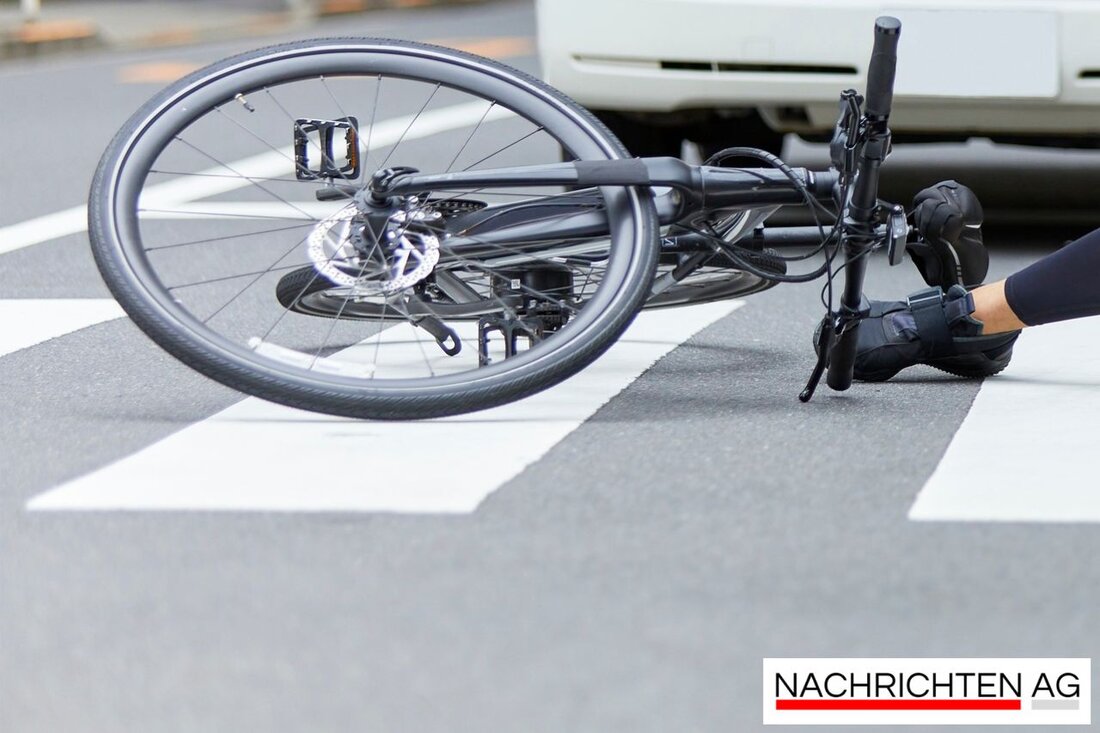Mariahilf district: District boss Reiter fights against driving ban on scooters!
District boss Reiter objects to the application for a ban on scooters and scooters on the busy Mariahilfer Straße.

Mariahilf district: District boss Reiter fights against driving ban on scooters!
In the last few days, the discussion about the continued existence of e-scooters and bicycles on Mariahilfer Straße has gained momentum. The Mariahilf district has submitted an application for a driving ban for scooters and scooter drivers, but this is met with resistance. District leader Markus Reiter (Greens) from Neubau is confronted with this issue and has taken a clear position. He is against the ban and instead wants to advocate for more consideration and solutions. Reiter argues that Mariahilfer Strasse is a central point for up to 70,000 people every day; the right way is not to restrict road users, but rather to promote educational measures.
The demand for a ban came from the SPÖ, ÖVP, Neos and FPÖ factions at a district council meeting. However, Reiter reminds us that the recent renovation of Mariahilfer Straße has increased safety there, with a 65% reduction in traffic accidents. It doesn't make sense to introduce new restrictions that would make it particularly difficult for children and families to safely reach school and leisure activities.
Conflicts between road users
The traffic situation on Mariahilfer Straße also comes into play in this discussion. MA 46 (transport organization) was commissioned to examine exemptions for cyclists and scooter drivers. Certainly there are alternatives that need to be considered to ensure pedestrian safety. In recent years, conflicts between pedestrians and cyclists have increased, especially in the pedestrian zone between Kirchengasse and Andreasgasse. The MA 46 has until December to develop measures that could make traffic safer.
One of the challenges is the fact that e-scooters and e-mopeds are now faster than the permitted walking speed and are not just for fun. According to the ADAC, e-scooters are subject to compulsory insurance and are only allowed to move legally in public spaces if they have an operating license. Walking speed must also be maintained on sidewalks and in pedestrian zones. This causes confusion for both drivers and pedestrians.
Construction sites and alternative routes
The situation is further complicated by the subway construction site, which will interrupt Lindengasse until at least 2030. Gumpendorfer Straße, on the other hand, is hardly safe for cyclists, which leads riders to discuss alternative routes for cyclists. Opening Windmühlgasse in both directions could be an approach, but it will not solve all the problems.
Instead of issuing a cycling ban, Reiter relies on education and awareness campaigns. A clear sign in this direction could be the distribution of traffic signs, but structurally separated cycle lanes would be a more complex process that also requires planning and a budget. Considerations about creating safe alternatives are urgently needed, as the existing situation is affecting the quality of life of many residents and visitors.
While MA 46 reviews the district's application, it remains to be seen which recommendations and measures will ultimately be implemented. In the context of increasing user numbers of e-scooters and the growing complexity in the transport sector, things are not getting any easier in Vienna. City Councilor for Transport Ulli Sima will also be involved so that all perspectives can be incorporated into the reviews in order to find a sustainable solution.
However, everyone agrees on one point: pedestrian safety is the top priority. But it is crucial to keep the needs of all road users in mind and develop sensible solutions.

 Suche
Suche
 Mein Konto
Mein Konto